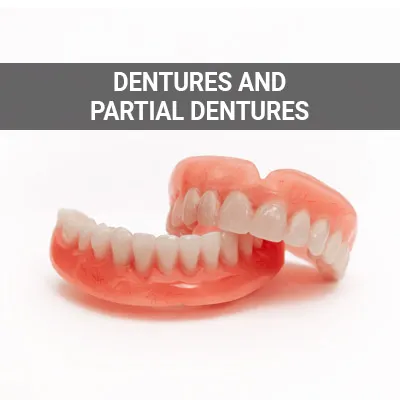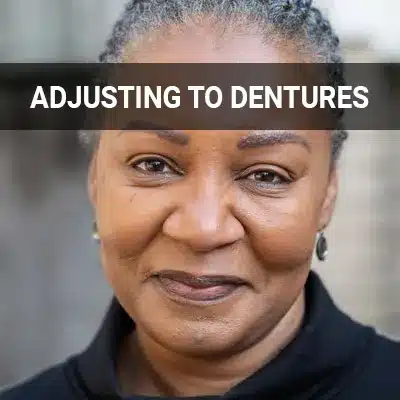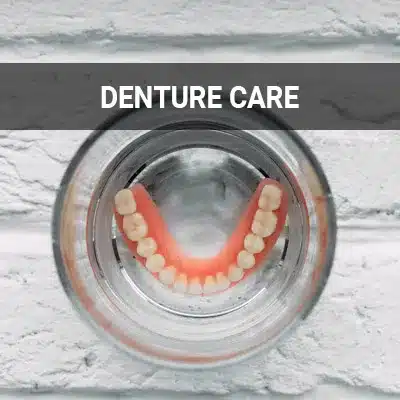
The Process for Getting Dentures Glendale AZ
The more you know what to expect when getting dentures, the better prepared you will be for a smooth transition. Although there are different types of dentures, most people will still need a series of appointments before the completion of their dentures. The process for getting dentures involves having teeth extracted, impressions taken, temporary dentures fitted, and permanent dentures adjusted.
A fitting appointment is available at Singh Smile Care - Dentist Glendale, AZ in Glendale AZ and the surrounding area. Getting dentures may not only improve a person's appearance but also restore the ability to eat and speak normally. Although chewing power with dentures is not 100% of what it would be with healthy natural teeth, it is a significant improvement from eating with missing or damaged teeth. We can help you prepare yourself for the process of getting dentures.
At Singh Smile Care - Dentist Glendale, AZ, our caring and knowledgeable staff takes the time to get to know each patient. This way, we can provide the highest level of personalized care possible. Call us at (623) 400-6009 to get started on your new smile.

The Preliminary Denture Appointment
Depending on the state of a patient's health, Singh Smile Care - Dentist Glendale, AZ may recommend full extraction of all their natural teeth before moving on to the restoration step. However, this is not always the case. The first appointment consists of taking images and impressions of the patient's mouth, with or without extractions.
Depending on the patient's custom treatment plan, the first appointment may also involve Singh Smile Care - Dentist Glendale, AZ fitting the patient with immediate dentures. However, immediate dentures are only a temporary solution until the permanent dentures are ready.
The first appointment consists of taking images and impressions of the patient’s mouth, with or without extractions.
Immediate Dentures
According to an article in the journal Annali di Stomatologia, temporary immediate dentures can improve a patient's appearance as well as maintain the tone of the facial muscles and reduce post-extraction pain. Patients who receive immediate interim dentures do not have to go without teeth during the healing process while they wait for the creation of their permanent dentures.
During the recovery period, the dentist will see the patient frequently to make sure that everything is going as it should. Oral hygiene is especially important to reduce the likelihood of infection and promote healing.
Patients who receive immediate interim dentures do not have to go without teeth during the healing process while they wait for the creation of their permanent dentures.
Permanent Dentures
Permanent dentures are the final product that the patient will wear daily. They have a useful life of approximately five to 10 years with proper care. Therefore, a patient should expect to get new permanent dentures eventually.
As a person ages, jawbone and gum tissue tends to shrink, especially after having teeth extracted. However, this shrinkage is not a reason to get a new set of dentures, as permanent dentures can be rebased or relined to account for changes in the jawbone and gums.
Permanent dentures can be rebased or relined to account for changes in the jawbone and gums.
Fitting Appointments for Dentures
Having well-fitting dentures is vital. Dentures that do not fit well may rub a person's gums and cause soreness and irritate the tissue. Aside from being uncomfortable for the patient, ill-fitting dentures also pose a health risk.
During the first fitting appointment and before the finalization of the permanent dentures, the patient may have the denture fit checked using wax ridges where the prosthetic teeth will eventually sit. The patient will also have the fit checked again before going home with temporary or permanent dentures to make sure the prostheses do not pinch the cheeks or slide around on the gums. The dentist will also check the patient's new bite to ensure that the upper and lower dentures align properly.
Shortly after the insertion appointment for permanent dentures, typically between 24 and 72 hours after insertion, the patient will need a follow-up appointment. The initial follow-up is to ensure the patient is healing well and to make preliminary adjustments to the dentures. The patient should schedule another follow-up about a week later.
The initial follow-up is to ensure the patient is healing well and to make preliminary adjustments to the dentures.
Questions Answered on This Page
Q. What happens during the preliminary denture appointment?
Q. When do I need immediate dentures?
Q. How long do permanent dentures last?
Q. What happens during a denture fitting appointment?
Q. What should I do if my dentures start to feel uncomfortable?
People Also Ask
Ongoing Care for Denture-Wearers
Oral health must be a priority even for a patient who has no natural teeth remaining. A patient with a full or partial set of dentures needs to visit the dentist regularly for cleanings and checkups. Any time the dentures start to shift or feel uncomfortable, the patient should make an appointment to have them examined and adjusted.
As explained in the Journal of the American Dental Association, due to changes in bone structure following extractions, patients will need their dentures adjusted within weeks of getting immediate dentures and then again several months later. After that, some patients may not need adjustments for several years; others will continue to need them more frequently. As a patient's jawbone and gums change, there are two primary methods for adjusting the dentures for optimum comfort and health:
Denture Relining
As the jaw and gums shrink, they move away from the base of the denture, creating gaps. Singh Smile Care - Dentist Glendale, AZ can reline a set of dentures by adding material to the existing base to fill the gaps and restore a snug fit. Sometimes, however, a patient's oral structures change so much that simple relining is not enough.
Denture Rebasing
Any time the dentures start to shift or feel uncomfortable, the patient should make an appointment to have them examined and adjusted.








